In honor of National Salt Day, we're excited to show you the journey of how our salt gets from the Sacred Valley in Maras, Peru, into your pantry!🧂
Salt has been harvested in Maras, Peru for over 500 years. The salt flats or ‘salineras’ of Maras are nestled high in the protected Sacred Valley of the Incas, 3,200 meters above sea level. This system of meticulously laid out terraces are owned by a number of different local families who have passed down their plots, traditions, and ancestral wisdom.

Salt has been harvested in the Salineras of Maras for centuries using sustainable artisanal methods. Approximately 270 tons of salt are produced every year in Maras, which is equivalent to 36 school buses!
We work with Yolanda Acurio Mendoza, the owner of the Comunidad Salinera de Maras, a cop–op run by women in the community who seek to fight the inequalities that limit their ability to get a fair price for the salt they produce. By purchasing directly from Yolanda, we are able to open up an international market for her handcrafted salt products.

Yolanda's family has worked in the salt flats of Maras for centuries where their sustainable artisanal process of harvesting salt has been practiced for generations.
Fed by the natural springs of the Sacred Valley, our premium salt is rich in minerals and low in sodium chloride. The natural process of evaporation by the sun helps it retain higher levels of calcium, iron, magnesium, zinc, and potassium than other types of salt. Many experts recommend this salt for people who suffer from high blood pressure.

This Sacred Valley salt is also said to contain special healing properties and health benefits. It can help treat swelling, ease anxiety, and sooth irritated skin. Yolanda also tells us that her grandmother lived to be well over 100 years old by using this salt daily.
Now follow along as we share the process for producing our salt:
SPRING WATER COLLECTION
Natural springs from the Sacred Valley mountains pour directly from the Earth into the salt pools below. The producers use a canal system to direct the spring water into their pools at the beginning of the process.
EVAPORATION
The pools are then left to bake in the sun, which evaporates the spring water naturally and allows salt particles to build on the bottom.
HARVESTING
Once the spring water is evaporated, the producers then stomp on the ground using special boots to loosen the salt particles and collect them with wooden boards and funnel them into a basket. This process is fully plastic-free in an effort to keep the protected park clean.
PROCESSING
The blush pink top layer is considered premium quality salt and is great for finishing directly on dishes. We work with Yolanda to use 0.9 mm grains from this layer for perfectly pinchable finishing salt.

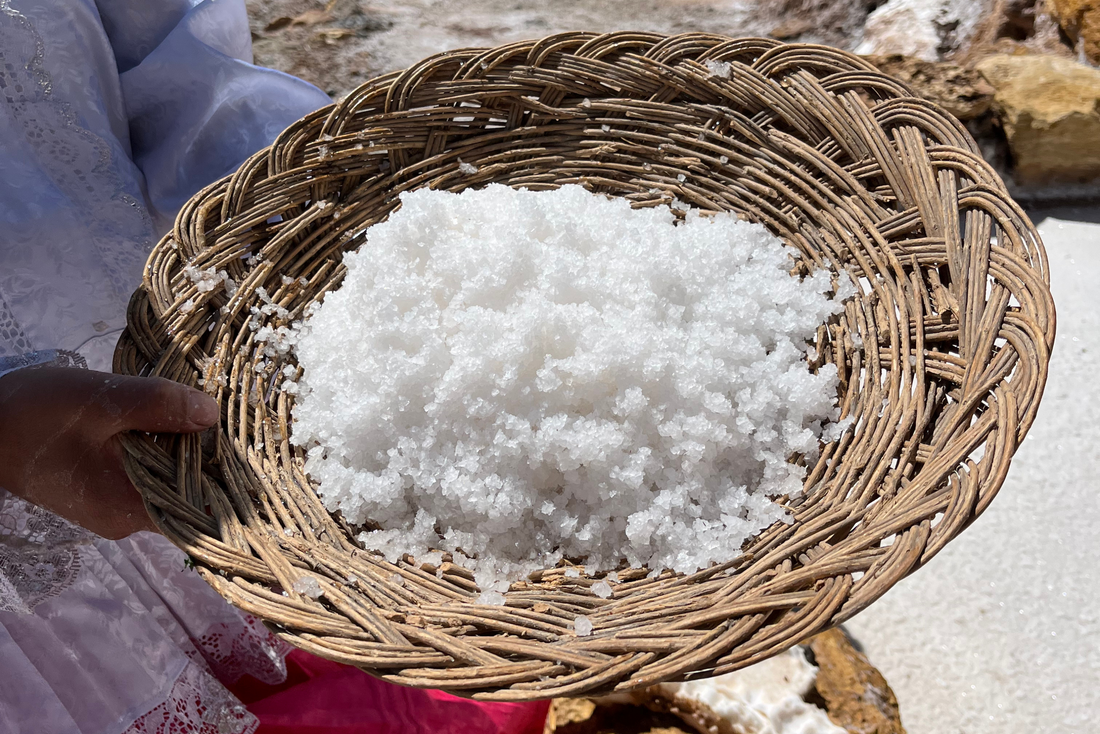
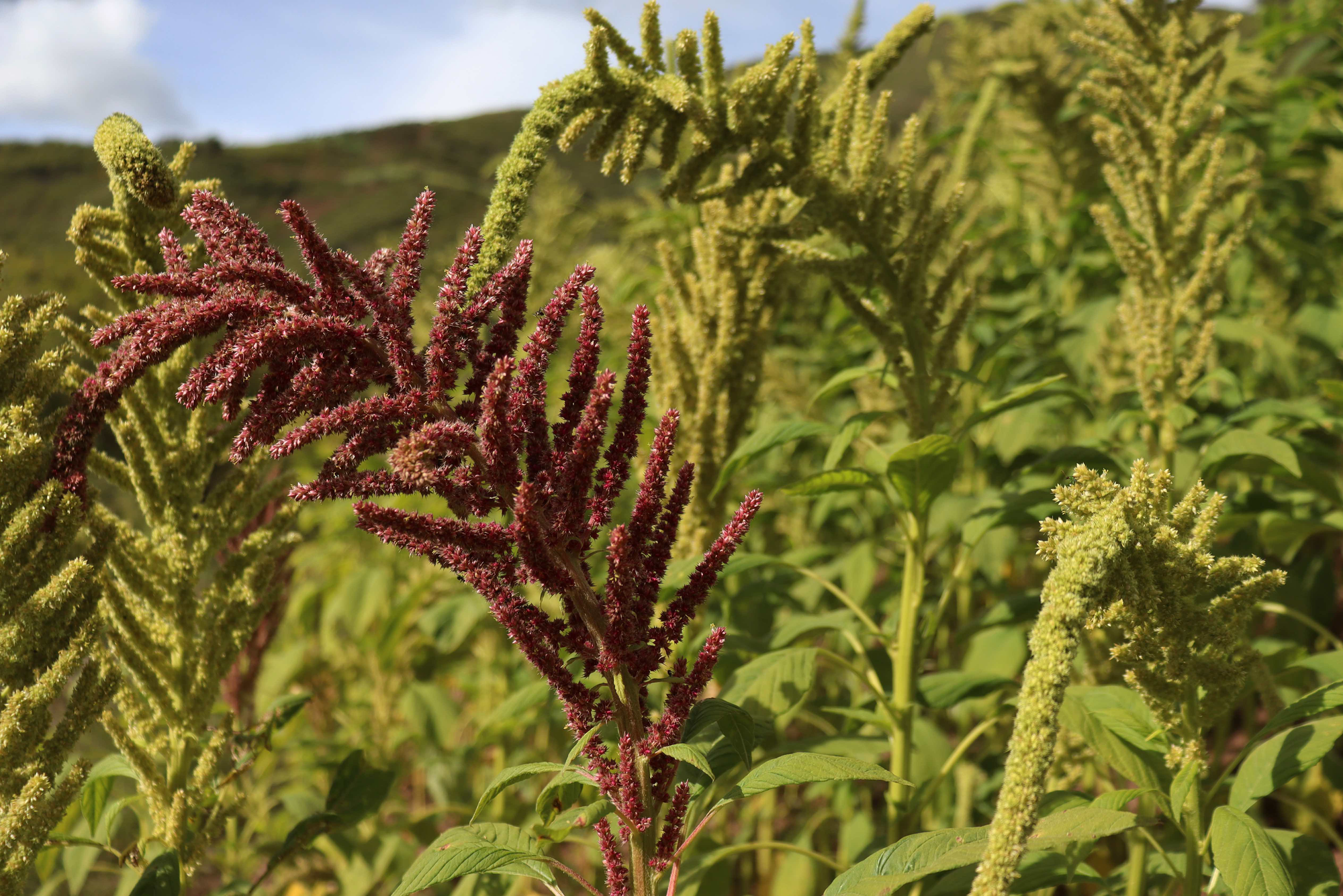
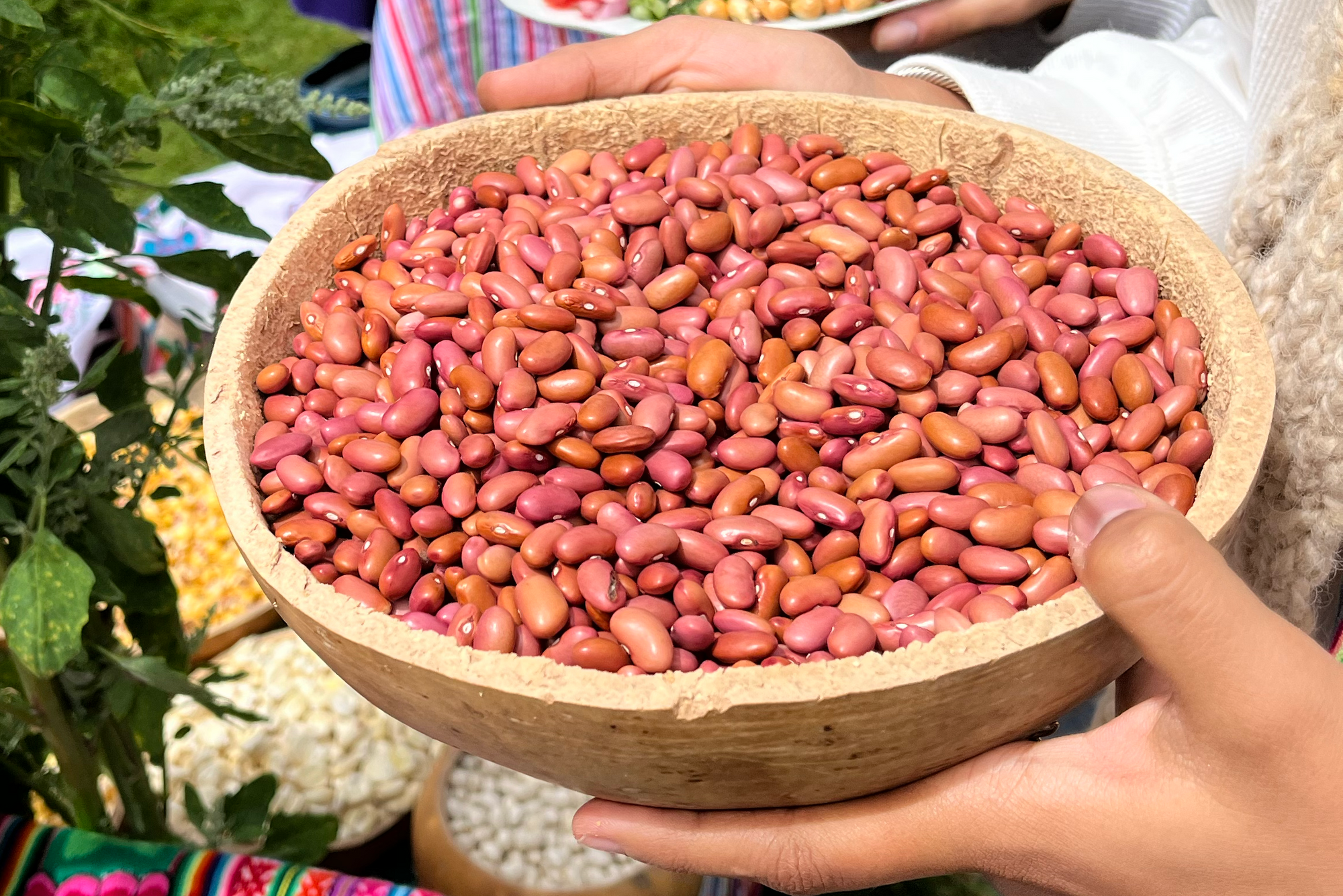
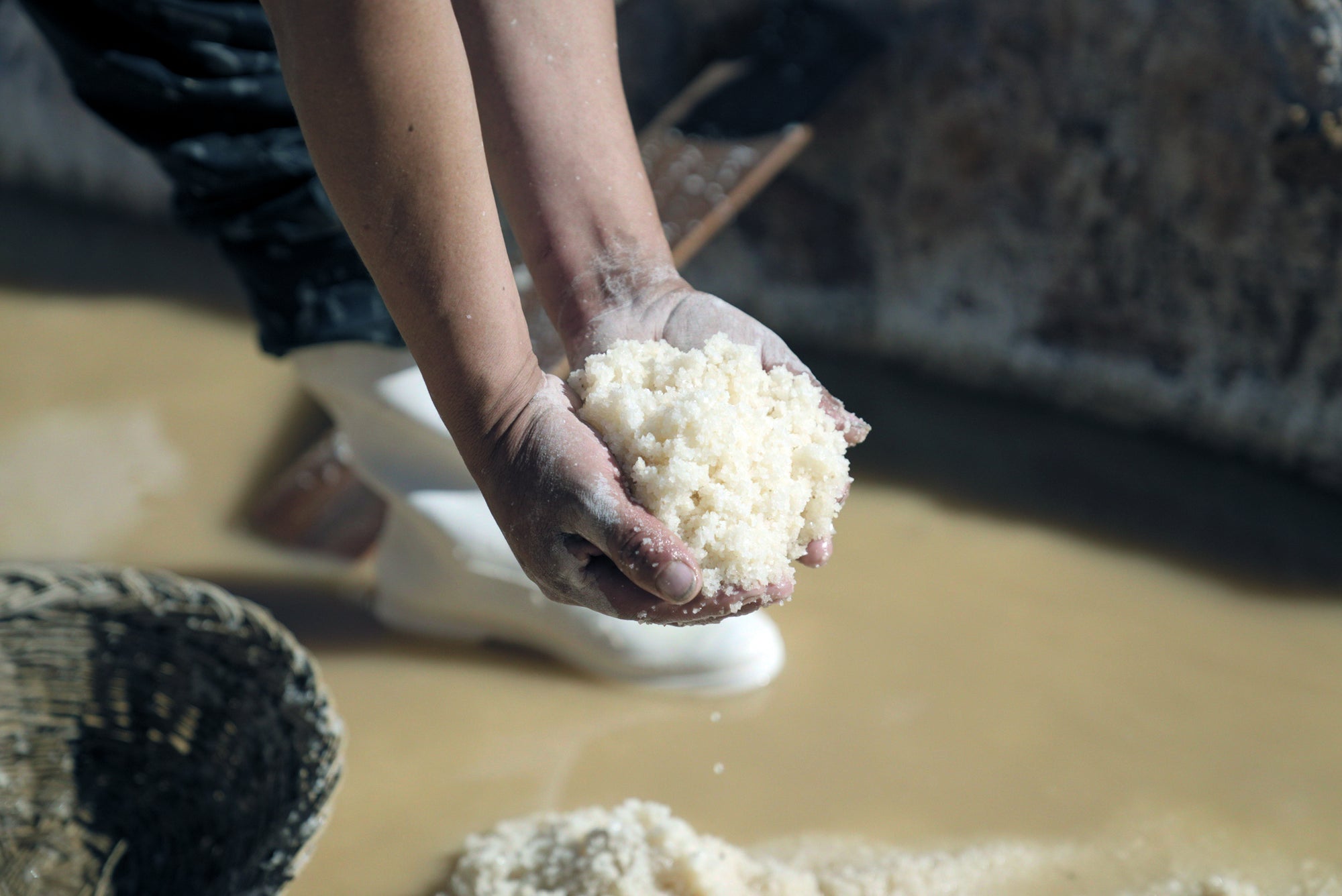
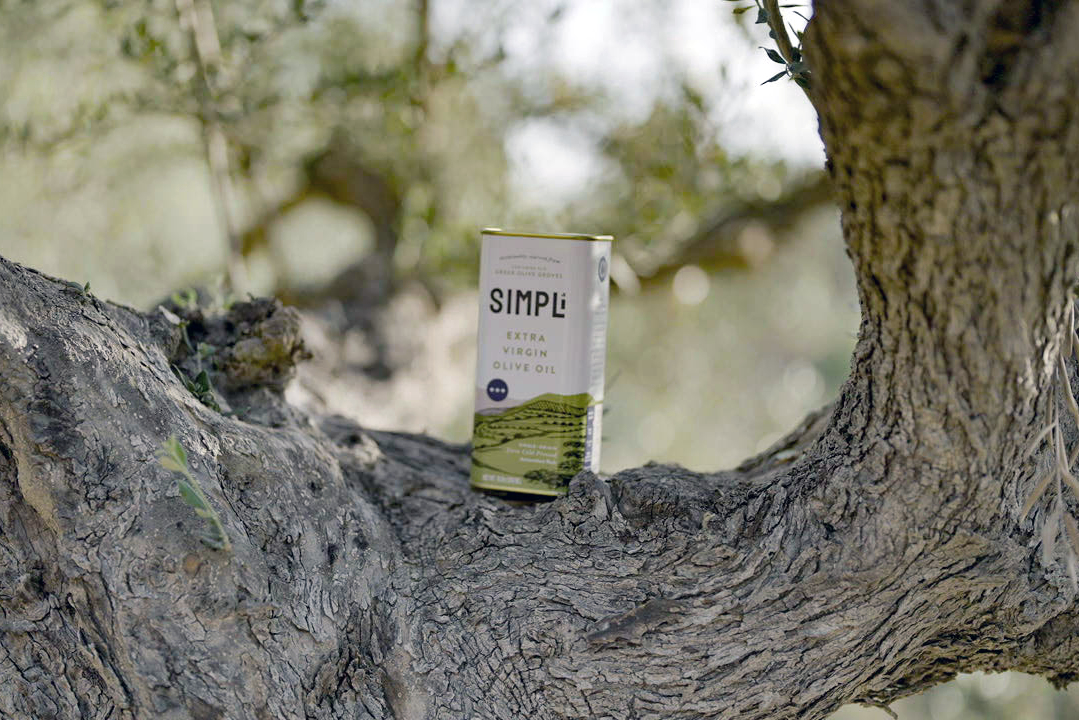
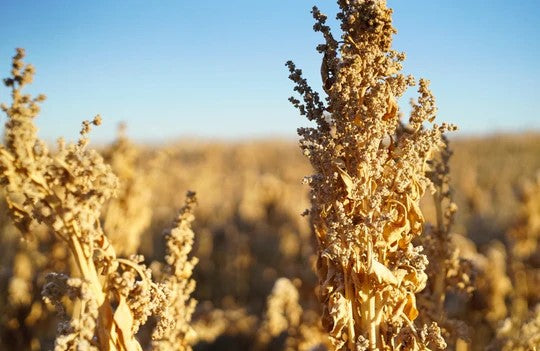
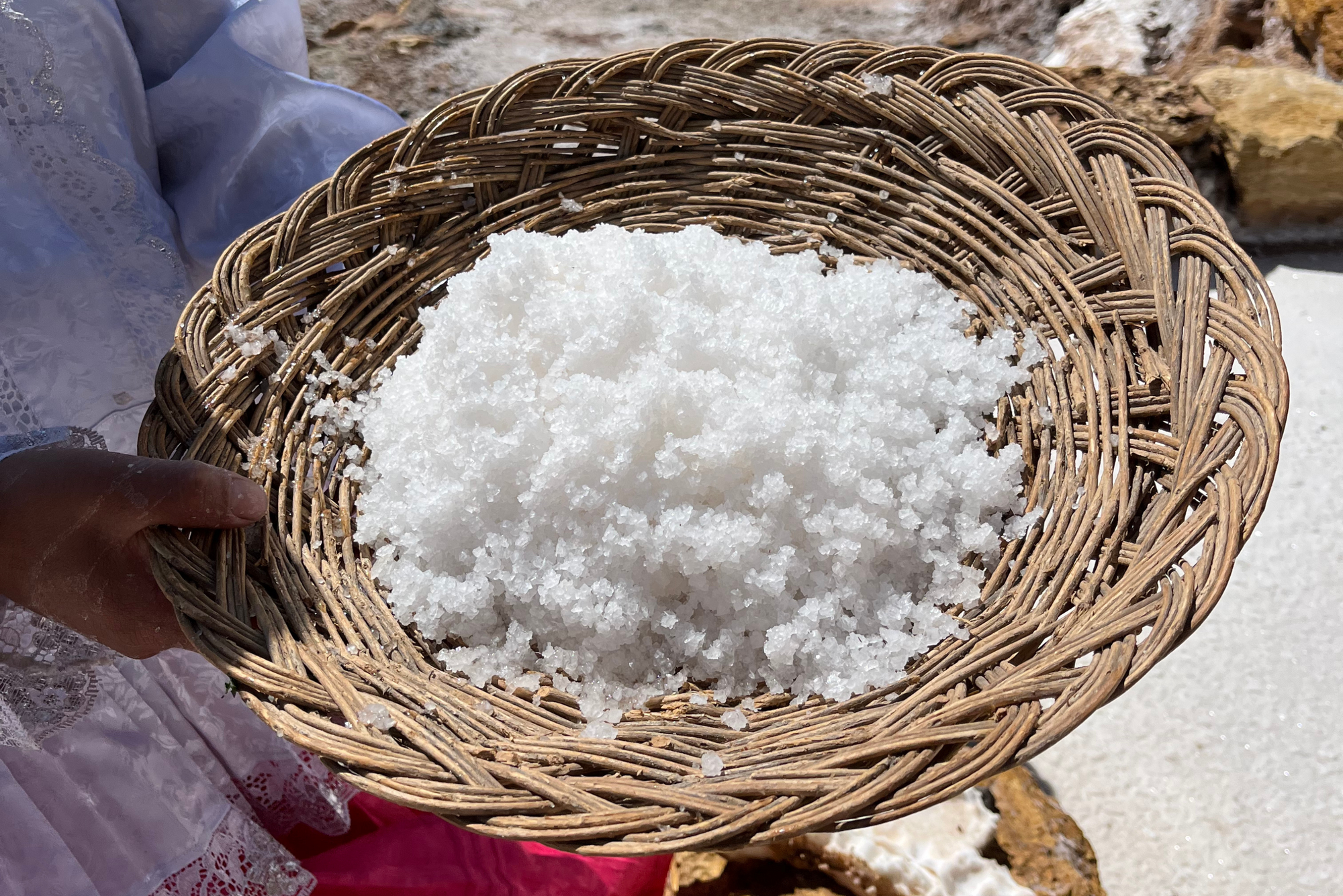
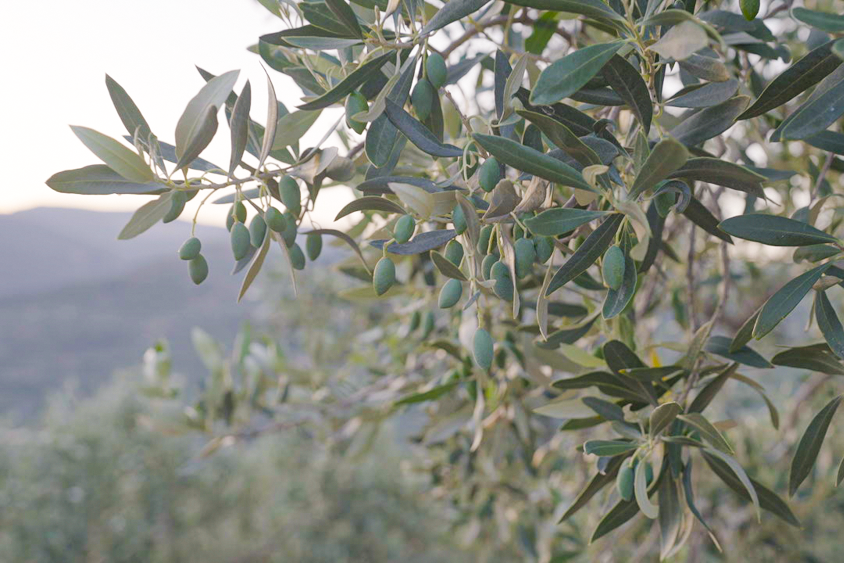
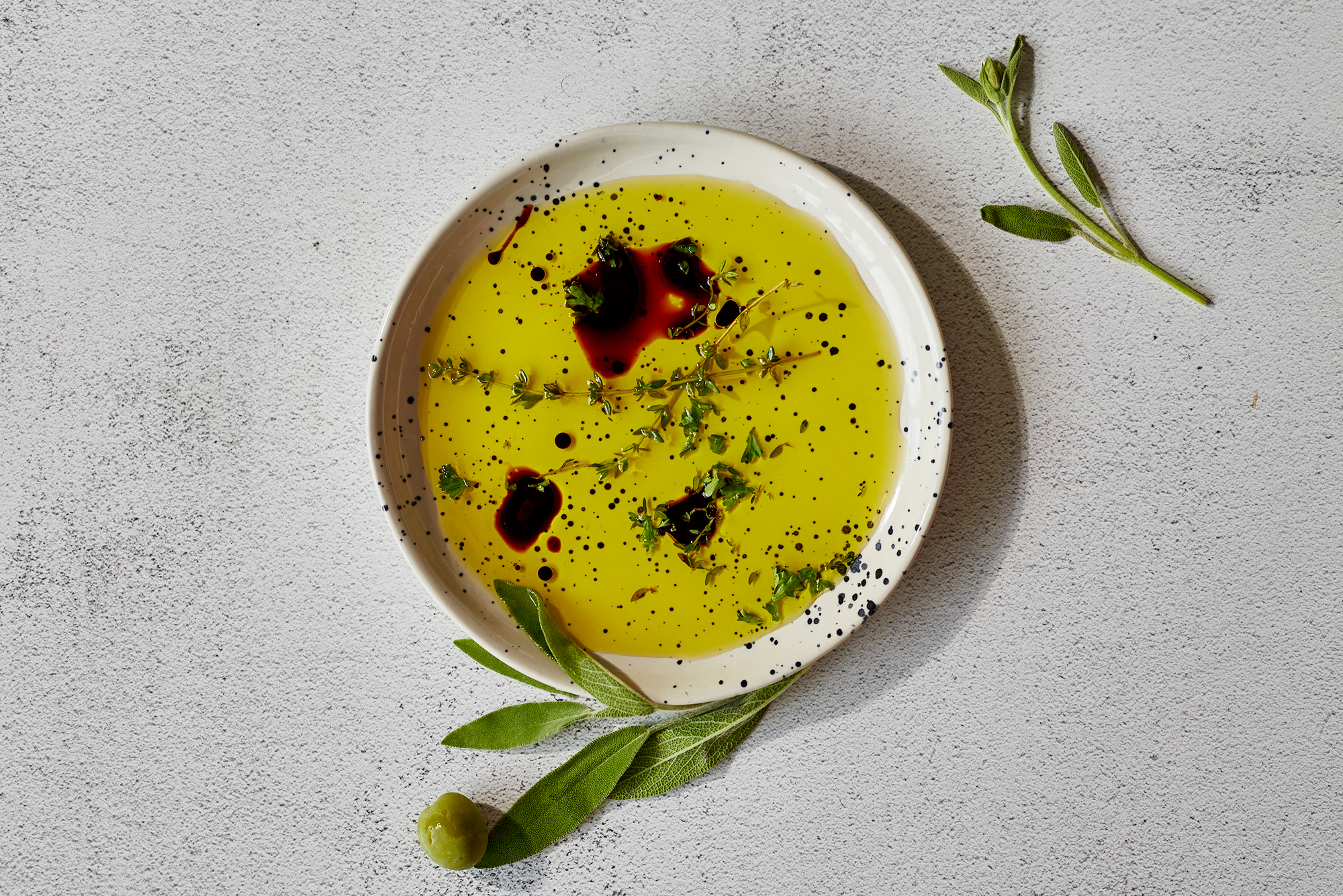
4 comments
I’m so thankful for Peruvian salt. I look for the best of everything I eat. I’ve been seeking and searching for better foods. Then I found Peruvian Salt. I will continue to Be Thankful for All Your Work. Blessing’s to you’ll. MS. Walker
I’m so excited to have found a source to order more of this salt. I went to the Madas salt flats in the fall of 2022. I even met Yolanda while there. Thank you for sourcing this salt, supporting this family and educating the world at large.
Hi Biomedis,
White salt, or table salt, is refined and sometimes enriched with iodine to address iodine deficiencies. Pink salt, like Peruvian salt, is less processed, has a pink color from trace minerals such as magnesium, potassium, and calcium, and doesn’t naturally contain much iodine.
We hope you truly enjoy our salt and let us know your feedback!
Are the levels of
iodine
in pink salt and white salt different?